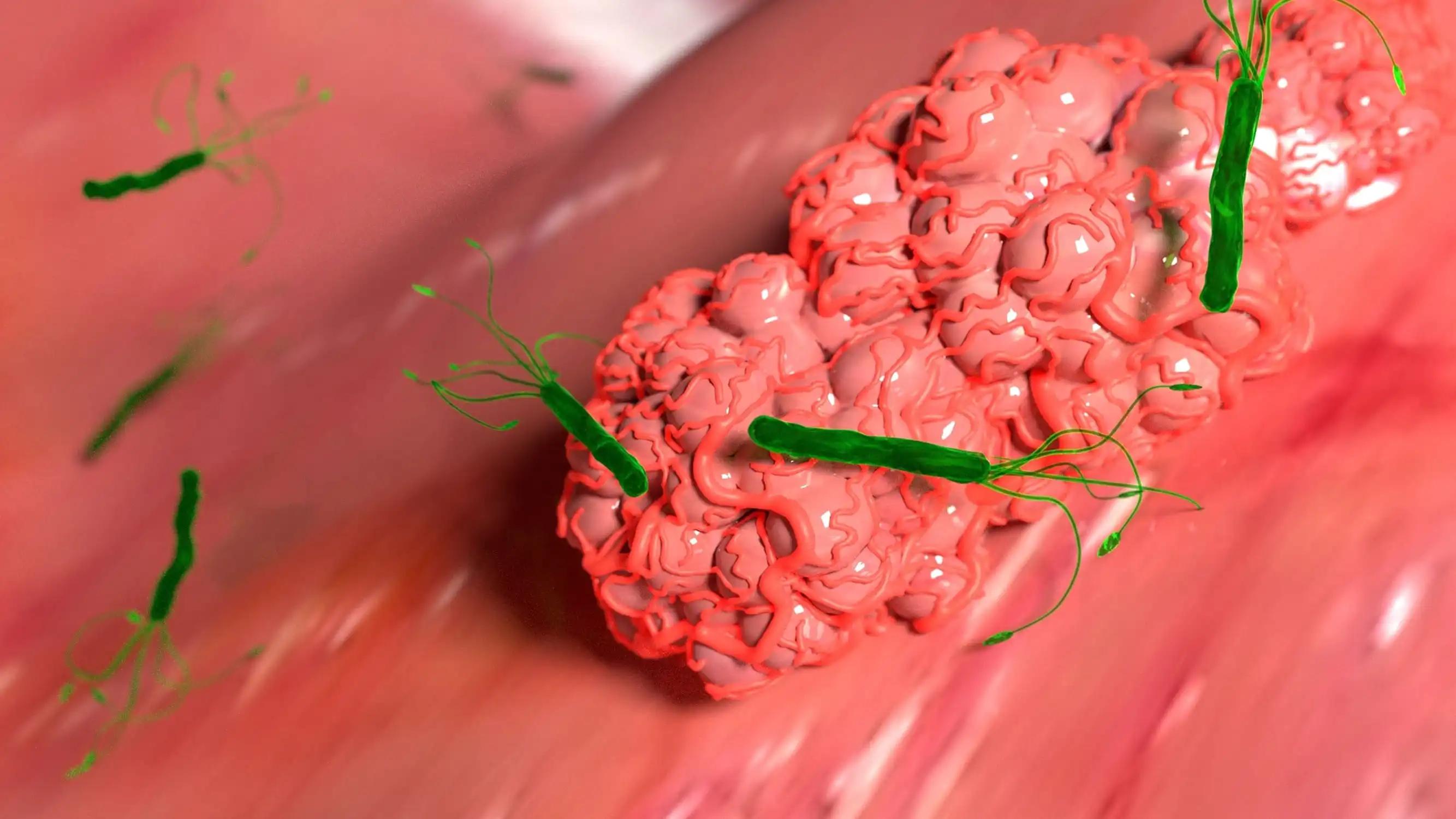KEY TAKEAWAYS
- The phase II trial aimed to investigate fruquintinib’s efficacy and safety as a 3L treatment for metastatic pancreatic cancer.
- The primary endpoint was to determine PFS.
- The results demonstrated favorable efficacy and tolerable safety, particularly in patients with primary site resection.
Metastatic pancreatic cancer (mPaC) presents a formidable challenge with limited treatment options, particularly in later lines of therapy. Fruquintinib, a potent vascular endothelial growth factor receptor (VEGFR) inhibitor, exhibits encouraging anticancer effects in preclinical and clinical investigations. Its potential to normalize tumor vasculature and modulate the immunosuppressive tumor microenvironment (TME) offers hope for enhancing mPaC treatment outcomes.
Weijian Guo and the team aimed to assess the efficacy and safety of fruquintinib as a third-line (3L) treatment for mPaC and its potential to improve survival outcomes.
The study enrolled patients with advanced/metastatic pancreatic adenocarcinoma who had undergone at least two lines of standard chemotherapy. Participants were administered fruquintinib orally at a dose of 5 mg once daily.
The primary endpoint was progression-free survival (PFS), with secondary endpoints including overall survival (OS), objective response rate (ORR) according to RECIST v1.1 criteria, disease control rate (DCR), and safety assessments.
About 10 eligible patients (8 males) with a median age of 65 (range 48-76) were enrolled; 70% of the enrolled patients were undergoing third-line treatment. The ORR was 30%, with three confirmed partial responses (PR), and the median PFS was 89.0 days (95% CI 21.8-156.2).
The most common treatment-emergent adverse events (TEAEs) were proteinuria (12%) and hypertension (12%). Grade 3 TEAEs occurred in three patients. Among the 10 patients, 3 with PR experienced prolonged PFS (ranging from 324 days to not reached [NR]), all of whom had undergone primary lesion resection before enrollment; 2 of the 3 patients discontinued treatment due to COVID-19 infection.
The findings suggested that fruquintinib monotherapy presents promising efficacy and tolerable safety, particularly among patients who underwent primary site resection.
The trial was sponsored by Fudan University.
Source: https://cslide.ctimeetingtech.com/tat2024/attendee/confcal/show/session/6
Clinical Trial: https://clinicaltrials.gov/study/NCT05257122
Guo W, Qiong W, Wang Y, et al. (2024) ‘’Preliminary results of a phase II multicenter, open-label study of fruquintinib monotherapy as third-line treatment in advanced pancreatic cancer.’’ Presented at ESMO-TAT 2024 (65P).



